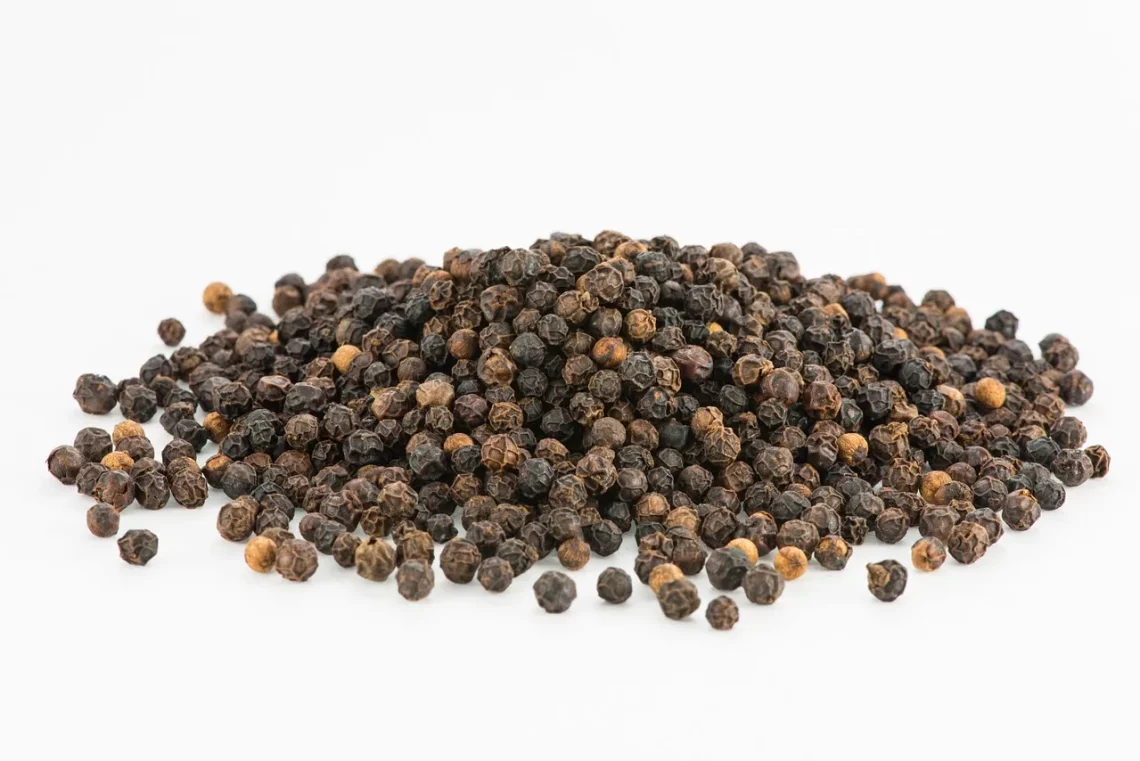
Exploring the Nutritional Value of Orange Bell Peppers
Orange bell peppers, with their vibrant hue and crisp texture, are more than just a colorful addition to meals; they are a powerhouse of nutrition. Known scientifically as Capsicum annuum, these sweet peppers belong to the nightshade family, which includes tomatoes and eggplants. Their appealing color and mild flavor make them a favorite among chefs and home cooks alike, whether being used in salads, stir-fries, or as a snack.
Packed with vitamins, minerals, and antioxidants, orange bell peppers are not only delicious but also play a significant role in promoting overall health. With their high water content and low-calorie profile, they are an excellent choice for those looking to maintain a balanced diet. The unique combination of nutrients found in these peppers can contribute to improved immune function, better eye health, and even enhanced skin quality.
As we delve deeper into the nutritional profile of orange bell peppers, we will uncover the various vitamins and minerals they contain, their health benefits, and how to incorporate them into your diet effectively. We will explore the reasons why these colorful vegetables are an essential part of a healthy eating plan and how they can enhance both flavor and nutrition in your meals.
The Nutritional Profile of Orange Bell Peppers
Orange bell peppers are renowned for their impressive nutritional content. A single medium-sized orange bell pepper contains approximately 25 calories, making it a low-calorie food choice that can be easily included in any meal plan. This pepper is also rich in dietary fiber, which is essential for maintaining digestive health.
One of the standout features of orange bell peppers is their high vitamin C content, which helps boost the immune system and promotes healthy skin. In fact, they contain more vitamin C than oranges, making them an excellent source of this vital nutrient. Vitamin C is crucial for the production of collagen, a protein that helps maintain skin elasticity and repair tissues.
In addition to vitamin C, orange bell peppers are a good source of several other important vitamins and minerals. They contain significant amounts of vitamin A, primarily in the form of beta-carotene, which is beneficial for eye health. This vitamin plays a critical role in maintaining good vision and may help prevent age-related macular degeneration.
Moreover, orange bell peppers are rich in vitamin B6, which is involved in numerous bodily functions, including metabolism and brain health. They also provide potassium, a mineral that is essential for maintaining healthy blood pressure levels, and folate, which is important for cell division and overall health.
The antioxidants found in orange bell peppers, such as quercetin and lutein, contribute to their health benefits. These compounds help neutralize free radicals in the body, reducing oxidative stress and lowering the risk of chronic diseases.
Health Benefits of Consuming Orange Bell Peppers
Incorporating orange bell peppers into your diet can yield a multitude of health benefits. Their rich nutrient profile supports various bodily functions, making them a valuable addition to any meal.
One of the most notable benefits of orange bell peppers is their ability to bolster the immune system. The high concentration of vitamin C plays a pivotal role in enhancing immune function, helping the body fend off infections and illnesses. Additionally, the antioxidants in these peppers help reduce inflammation, which is a contributing factor to many chronic diseases.
Another significant benefit of orange bell peppers is their contribution to eye health. The carotenoids, particularly lutein and zeaxanthin, are known to protect the eyes from harmful blue light and may help reduce the risk of cataracts and macular degeneration. Regular consumption of these peppers can provide the essential nutrients needed for maintaining good vision as you age.
Furthermore, orange bell peppers can aid in weight management. Their low-calorie and high-fiber content make them a satisfying snack that can help curb hunger. Including these peppers in meals can add volume and nutrition without significantly increasing calorie intake, making them an excellent choice for those looking to maintain or lose weight.
Additionally, the potassium content in orange bell peppers supports heart health by helping to regulate blood pressure levels. A diet rich in potassium can counteract the effects of sodium and promote overall cardiovascular health.
Lastly, the vitamins and minerals present in orange bell peppers contribute to healthy skin and hair. Vitamin C is essential for collagen production, which helps maintain skin firmness and elasticity. The antioxidants in these peppers also help protect the skin from damage caused by environmental factors, such as UV rays and pollution.
Ways to Incorporate Orange Bell Peppers into Your Diet
Incorporating orange bell peppers into your meals is not only easy but also adds a delightful burst of color and flavor to your dishes. There are numerous ways to enjoy these nutritious vegetables, whether raw or cooked.
One of the simplest ways to enjoy orange bell peppers is to slice them and eat them raw as a snack. They can be paired with hummus, tzatziki, or guacamole for added flavor and nutrition. Adding sliced bell peppers to salads is another excellent way to enhance the nutritional value of your meals. Their sweet, crisp texture complements a variety of salad ingredients, from leafy greens to nuts and seeds.
Orange bell peppers can also be roasted or grilled, which brings out their natural sweetness. Roasting them enhances their flavor and can be a delicious addition to pasta dishes, grain bowls, or as a side dish. Simply toss the peppers with a little olive oil, salt, and pepper before roasting them in the oven for a tasty and nutritious treat.
For those who enjoy cooking, orange bell peppers can be used in stir-fries, soups, and stews. Their vibrant color makes any dish visually appealing, while their flavor adds depth to savory recipes. Stuffed bell peppers, filled with quinoa, beans, and vegetables, are another creative way to enjoy this nutritious vegetable.
In addition to traditional dishes, you can experiment by blending orange bell peppers into smoothies or sauces. The sweetness of the peppers can enhance the flavor of your favorite smoothies, adding a nutritious twist.
Overall, the versatility of orange bell peppers allows you to get creative in the kitchen while reaping the numerous health benefits they offer.
Conclusion
Orange bell peppers are a nutritional powerhouse that can greatly enhance your diet. With their rich array of vitamins, minerals, and antioxidants, they provide numerous health benefits, from boosting the immune system to promoting eye health. Their low-calorie content and high fiber make them an excellent choice for weight management and maintaining overall wellness.
Incorporating orange bell peppers into your meals is easy and delicious, whether you enjoy them raw, roasted, or cooked in various dishes. Their versatility allows you to experiment with different recipes, ensuring that you can enjoy their unique flavor while reaping the health benefits they offer.
As a reminder, this article is for informational purposes only and does not constitute medical advice. If you have any health concerns or conditions, please consult with a healthcare professional for personalized advice.




